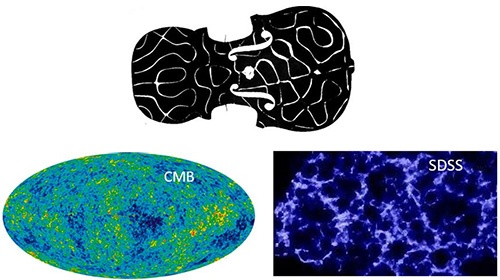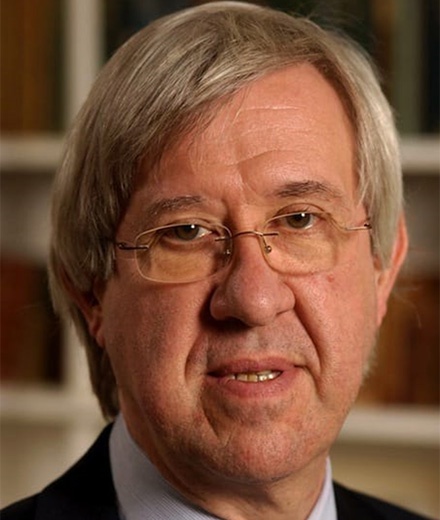Distinguished Lecture - Dr. Alexander Szalay
Dr. Alexander Szalay from Johns Hopkins University will visit Cal State Long Beach to offer two special talks regarding Big Data and Astrophysics.
All are welcome to attend.
Technical Lecture:
Statistical Challenges in Big Data Astrophysics
Monday, March 21, 2022. 11:00am in HSCI-105
General Lecture:
From Big Data to Discovery: The Fourth Paradigm
Tuesday, March 22, 2022. 12:30pm in HSCI-102
Statistical Challenges in Big Data Astrophysics
The talk will discuss many of the issues and challenges of modern astronomy. We have entered the era of surveys, and as a result we have to get familiar with statistical and computational techniques appropriate to the size of data. The talk will discuss how Big Data is leading to a change in the nature of errors, how computability is increasingly revolving around systematic errors and how to deal with the emerging Artificial Intelligence challenges.

From Big Data to Discovery: The Fourth Paradigm
The talk will discuss the 20 year history of how Big Data brought fundamental changes to the scientific method. From the early days of the empirical paradigm of science we saw the emergence of the theoretical, followed by the computational paradigms, and now we see the data-driven, Fourth Paradigm of science. The talk will discuss how this is transforming every aspect of science, the new challenges that are emerging, and the ones that are ahead of us. We show the similarities between data driven approaches in many different fields of science, and show how our educational system needs to provide more interdisciplinary skills. We also show how techniques from astronomy can have a big impact in other fields, like medicine.

About the Presenter

Alex Szalay is a cosmologist, currently working on a variety of Big Data related challenges, from astronomy to medicine. He was the archive architect of the Sloan Digital Sky Survey project, and has designed several novel statistical techniques in astronomy and spatial statistics. He has also been an early advocate of elementary particles as the dark matter.
Most recently he is working on using Artificial Intelligence (AI) techniques to optimize the target selection on the Prime Focus Spectrograph (PFS) project of the Subaru telescope. He is also the Principal Investigator of one of the teams for the WFIRST telescope, responsible for prototyping a collaborative archive architecture. He has written several papers on genomics, and most recently he is collaborating with medical re-searchers on applying image analysis techniques from astronomy to challenges in cancer immunotherapy.
Dr. Szalay published over 500 scientific publications with over 60,000 citations. He is a Corresponding Member of the Hungarian Academy of Sciences, and a Fellow of the American Academy of Arts and Sciences. Dr. Szalay received numerous awards, among which are the Alexander Von Humboldt Award in Physical Sciences (2004), the Microsoft Jim Gray Award in 2007. In 2008 he became Doctor Honoris Causa of Eötvös University, Budapest.





